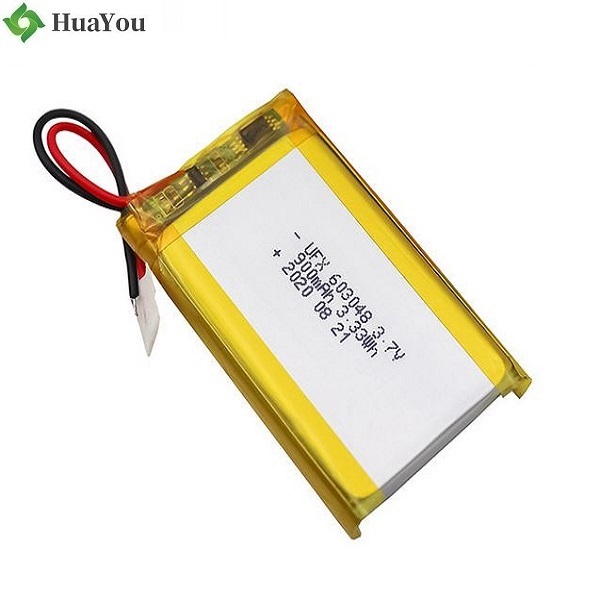The size of the lithium ion polymer battery is directly related to the battery capacity. The formula for calculating the capacity of a lithium ion polymer battery is: capacity (AH) = constant discharge current (A) × discharge time (H). The battery on the mobile power supply usually uses a lithium polymer battery. The choice of lithium polymer battery mainly has several indicators to meet the demand. The main factors are high safety, many charge and discharge times, long life and large capacity. Next, let us take a closer look at how to calculate the capacity of lithium-ion polymer batteries.
1. The capacity is related to the size of the battery
The capacity of the lithium polymer battery is related to the size of the model, and depends on the thickness, width and length of the battery. In addition, it is also related to battery material and size. The actual calculation formula of the lithium polymer battery capacity is more complicated, and there is no linear relationship with the volume. Many factors must be considered, such as different materials, which have a great impact on the actual capacity. The larger the size, the greater the capacity/volume ratio.
2. A fast calculation method for lithium-ion polymer batteries
For the quick estimation of polymer battery capacity, the commonly used estimation formula is: capacity = thickness * width * length * K (K unit is mah/mm^3). In the range of K value (0.07~0.11), K value depends on capacity. The larger the capacity, the larger the K value, the smaller the capacity, and the smaller the K value (it can be understood as the larger the volume, the larger the K value).
In fact, the K value can be set to 0.1.
For example, 103450 (thickness 10mm, width 34mm, length 50mm), calculated capacity=10*34*50*0.1=1700, the actual capacity can reach 1800mah;
603048 (thickness 6mm, width 30mm, length 48mm), the calculated capacity=6*30*48*0.1=864, the actual capacity can reach 900mah.




